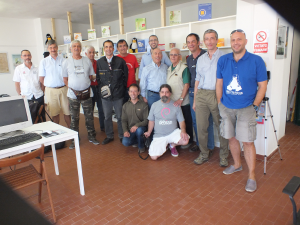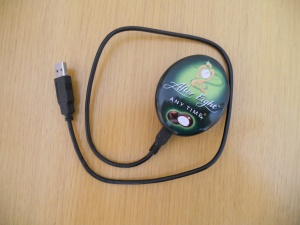From the 17th to the 19th of September in Perugia, Italy, it took place the 5th edition of the Italian Debian Community Conference, which has been attended by many contributors and users.
For the first time, the event has been organized in collaboration with the Italian Ubuntu community, as to create a new joint conference in order to foster shared contributions and emphasizing the large common ground of our projects. This new experimental kind of mini-conference was then labeled DUCC-IT, to reflect both the local profile and the mutual collaboration.
After the initial social night, spent discussing of several ongoing free software efforts and having dinner all together, the conference official opening started on Saturday, temporarily housed at University of Perugia, with a series of talks and hands-on session aimed at recruiting new contributors to work on development, translations, documentation writing and marketing. It has been a good opportunity to celebrate the Software Freedom Day too, in collaboration with FSUG Italia and the participation of some local schools.

The event been also attended by some members of the Debian Women and Ubuntu Women teams (whose goal is to promote women participation in both projects), who organized a round-table debate taking the Italian panorama as a study case. The discussion embraced different topics, ranging from the wide difference in numbers, to the deep causes of this phenomenon and how to improve the situation. With the help of the hacklab staff (hosting the debate), an audio/video streaming has been made available in real-time, and many remote participants joined us with comments and questions.
This new kind of collaboration between our communities was found to be really positive and more events has already been drafted for the next year, including a translation sprint and a contributors meeting.
We encourage worldwide local communities to try and engage in a similar experiment: organizing and joining a DUCC event will be pure fun.
A detailed report of the conference will be soon available, completed by photos, participants’ comments, video records and slides for the talks.
We’d really like to thank the Math Department of University of Perugia, the Projectz On Island hacklab, FSUG Italia, the Ubuntu-it community and everyone who contribute to this event.




